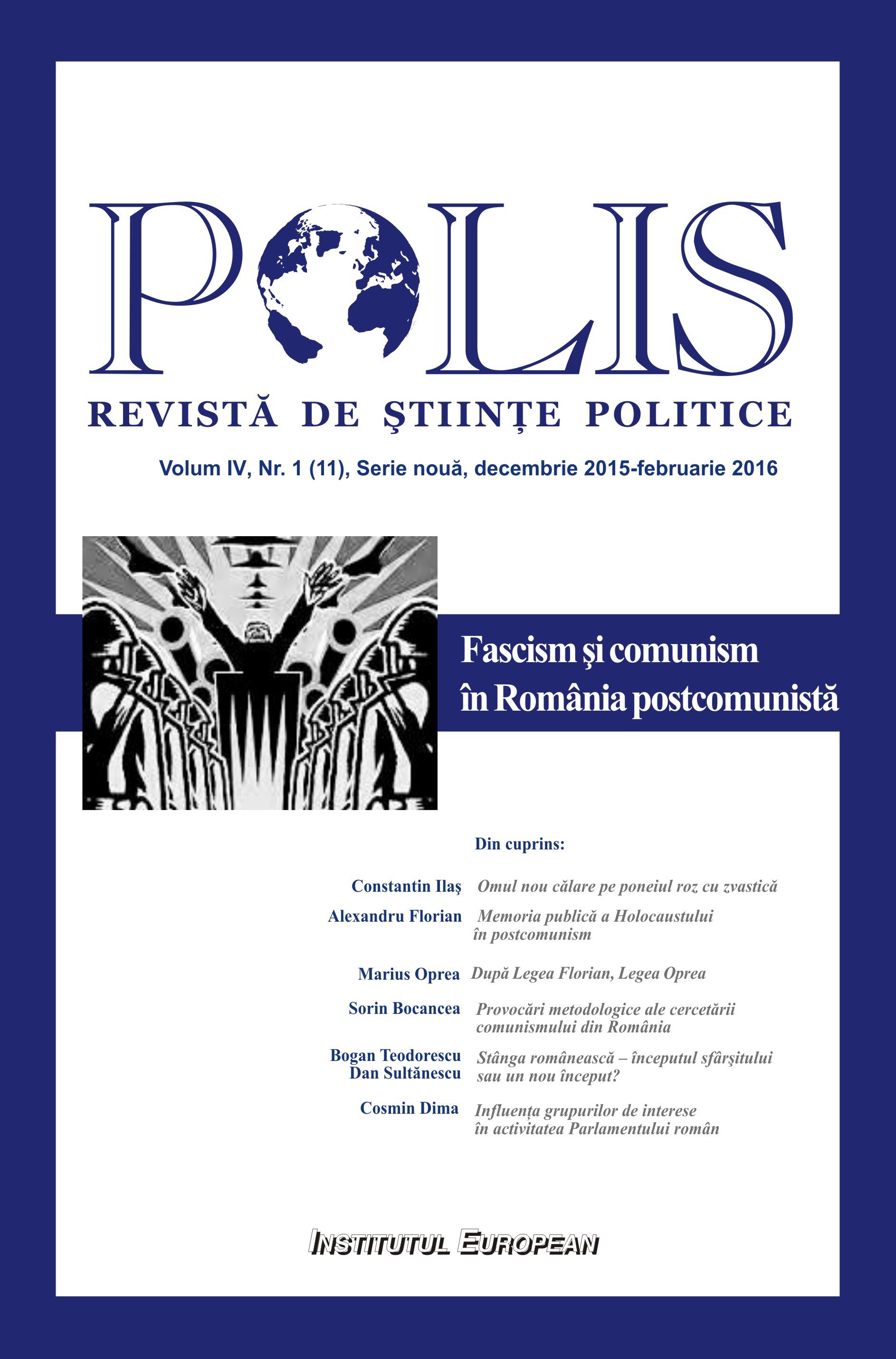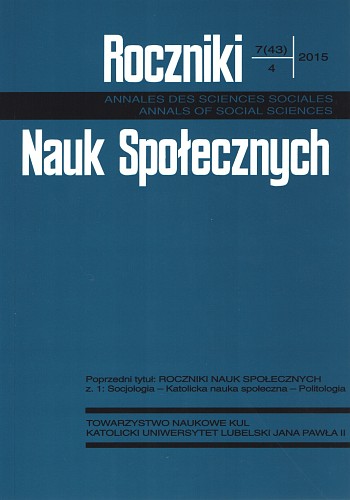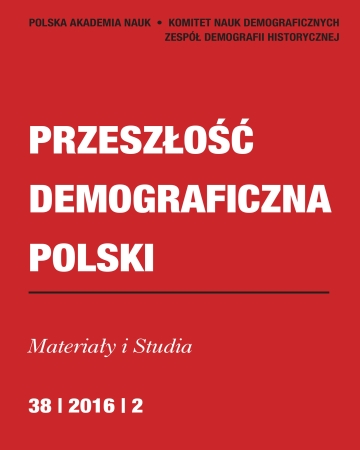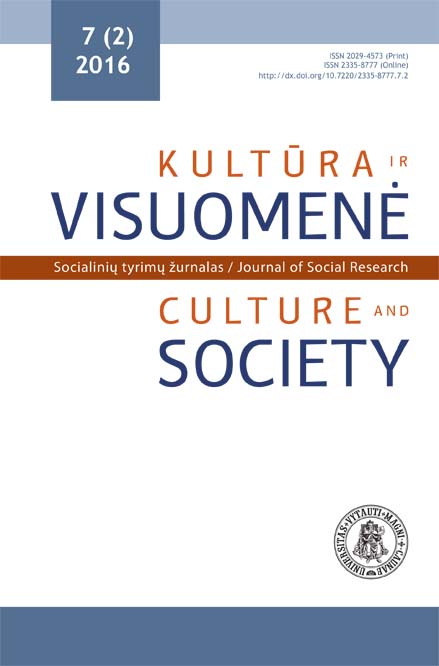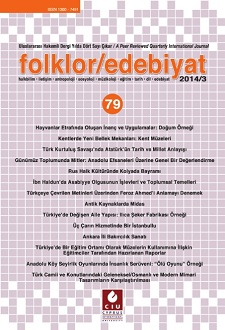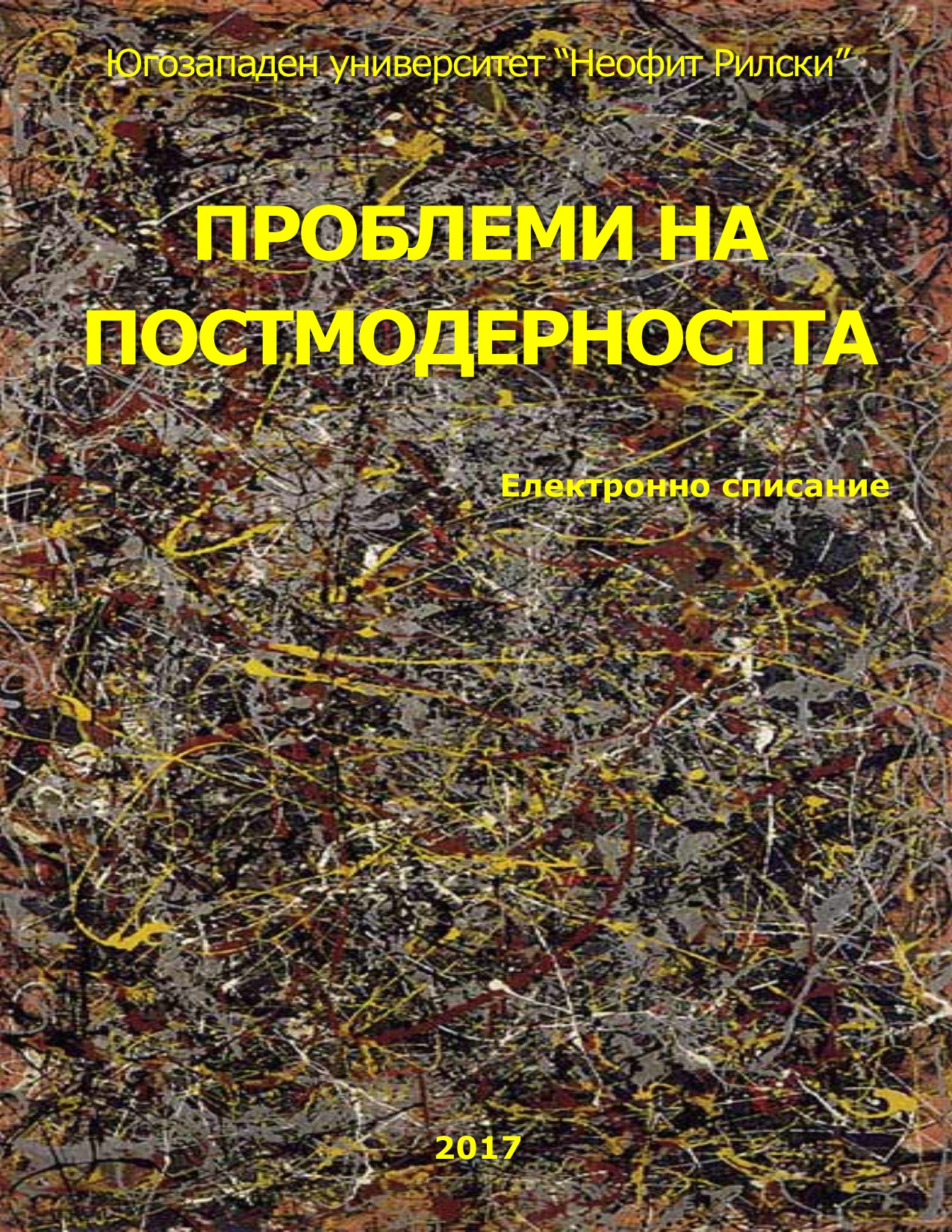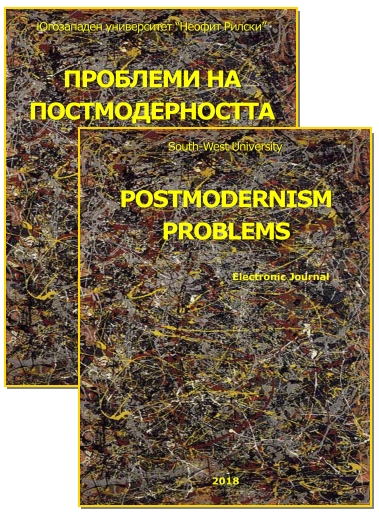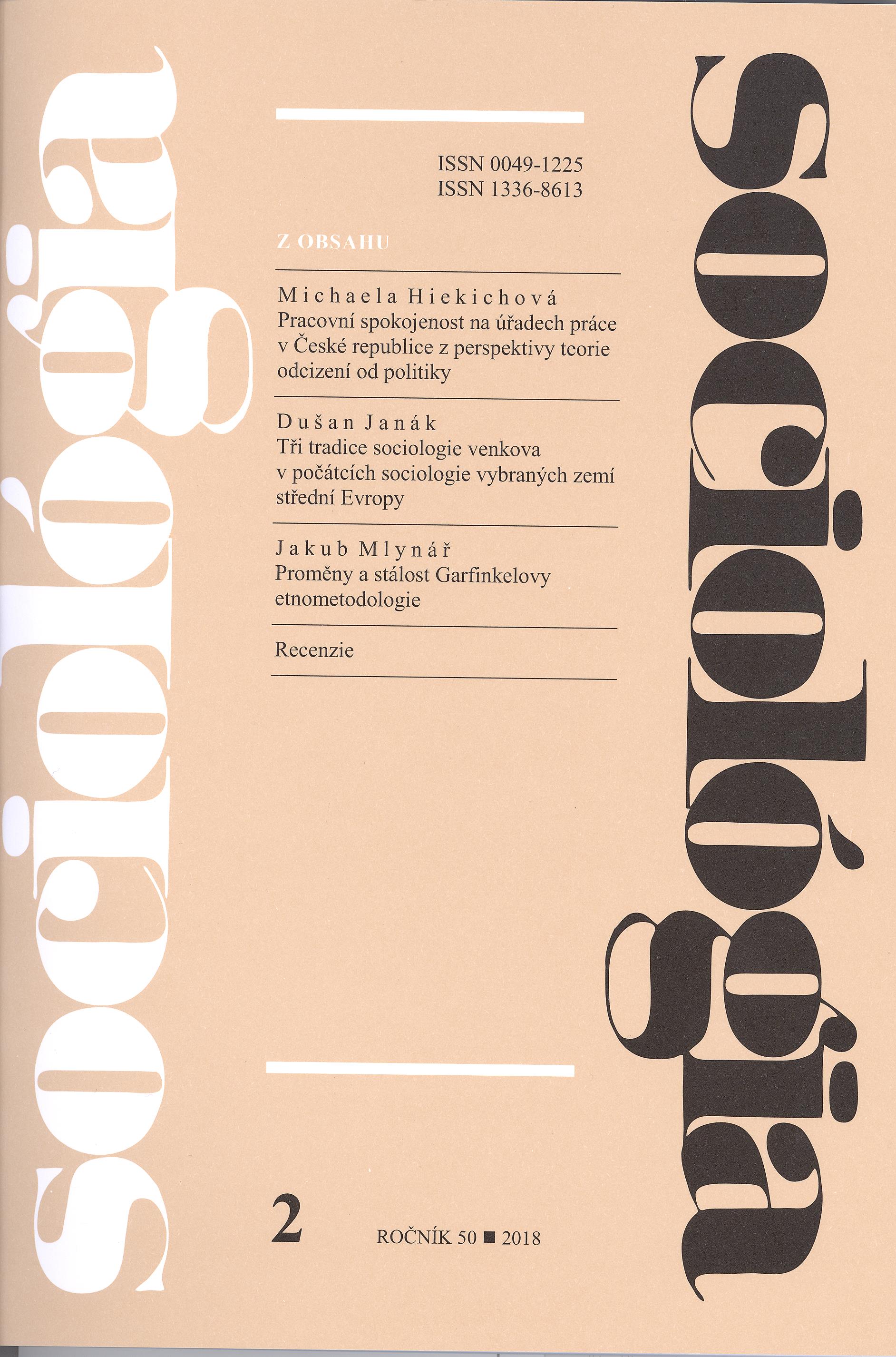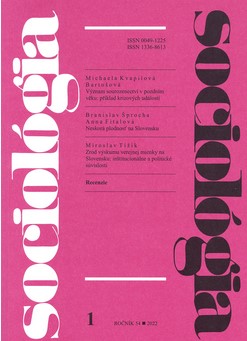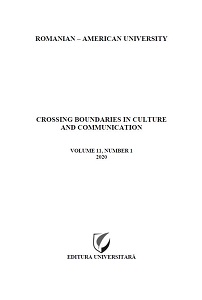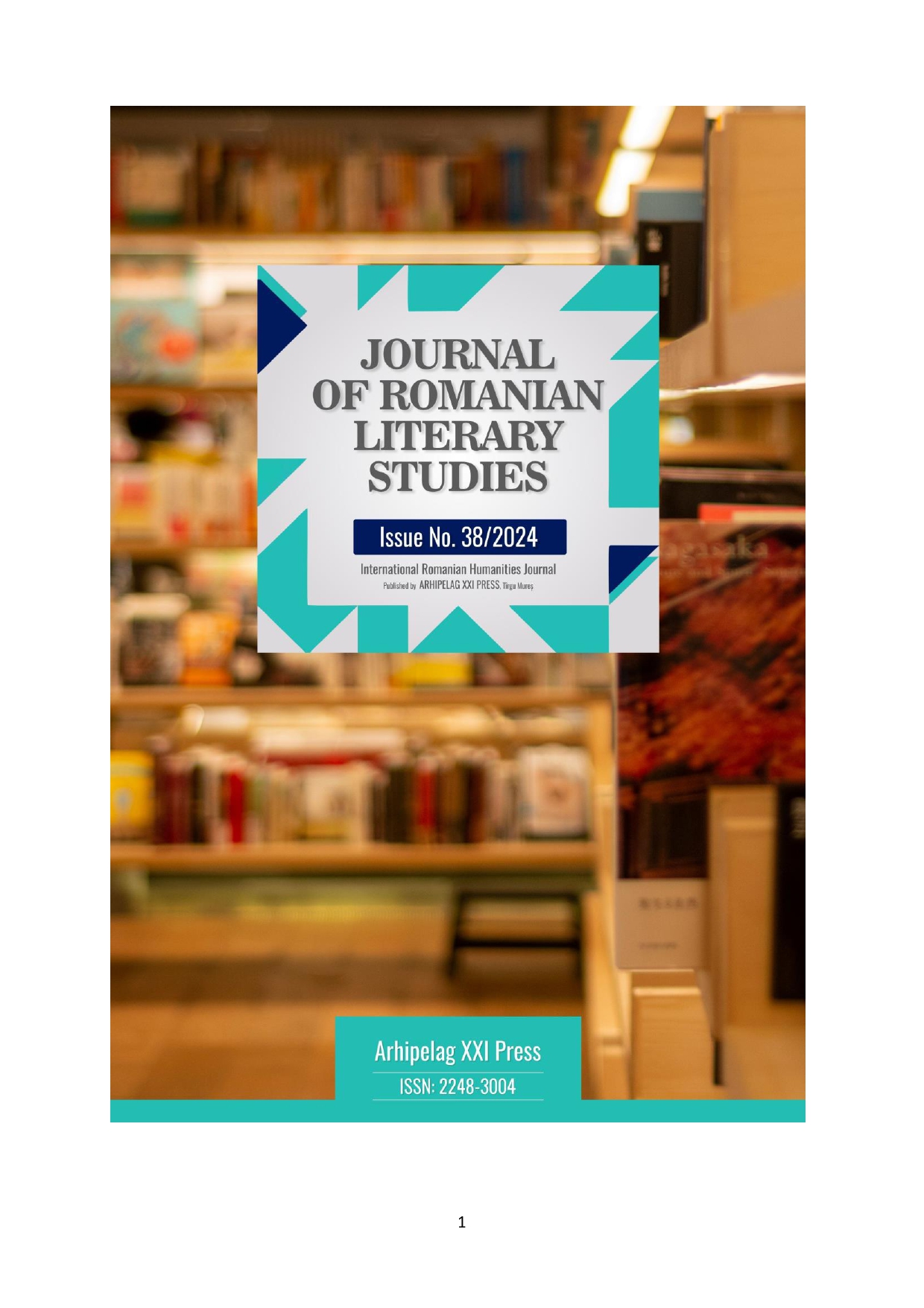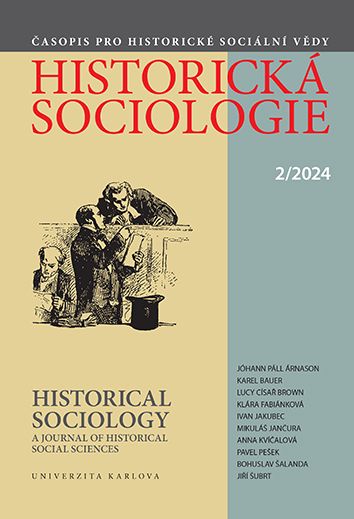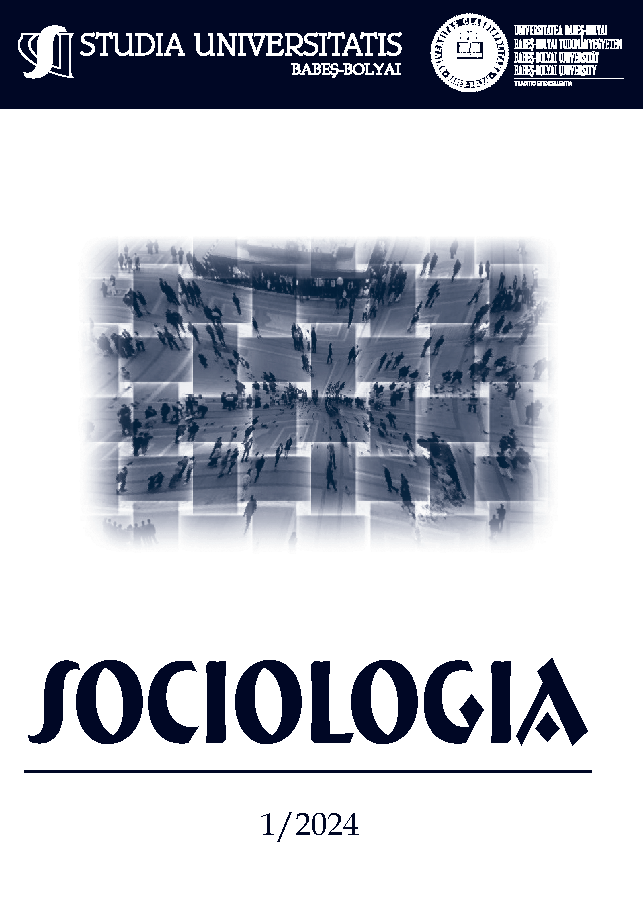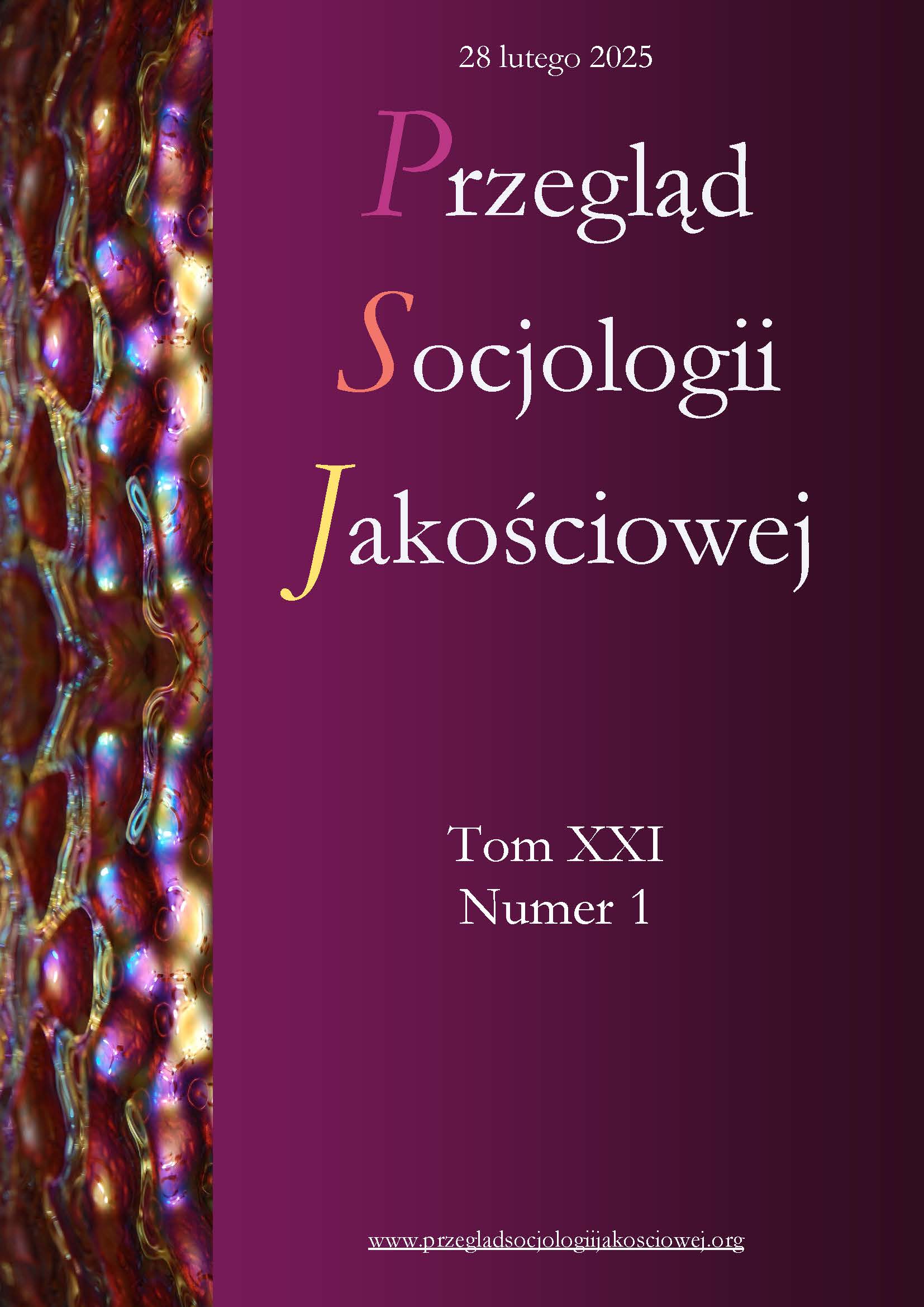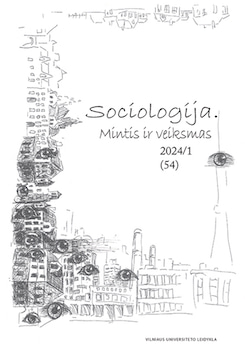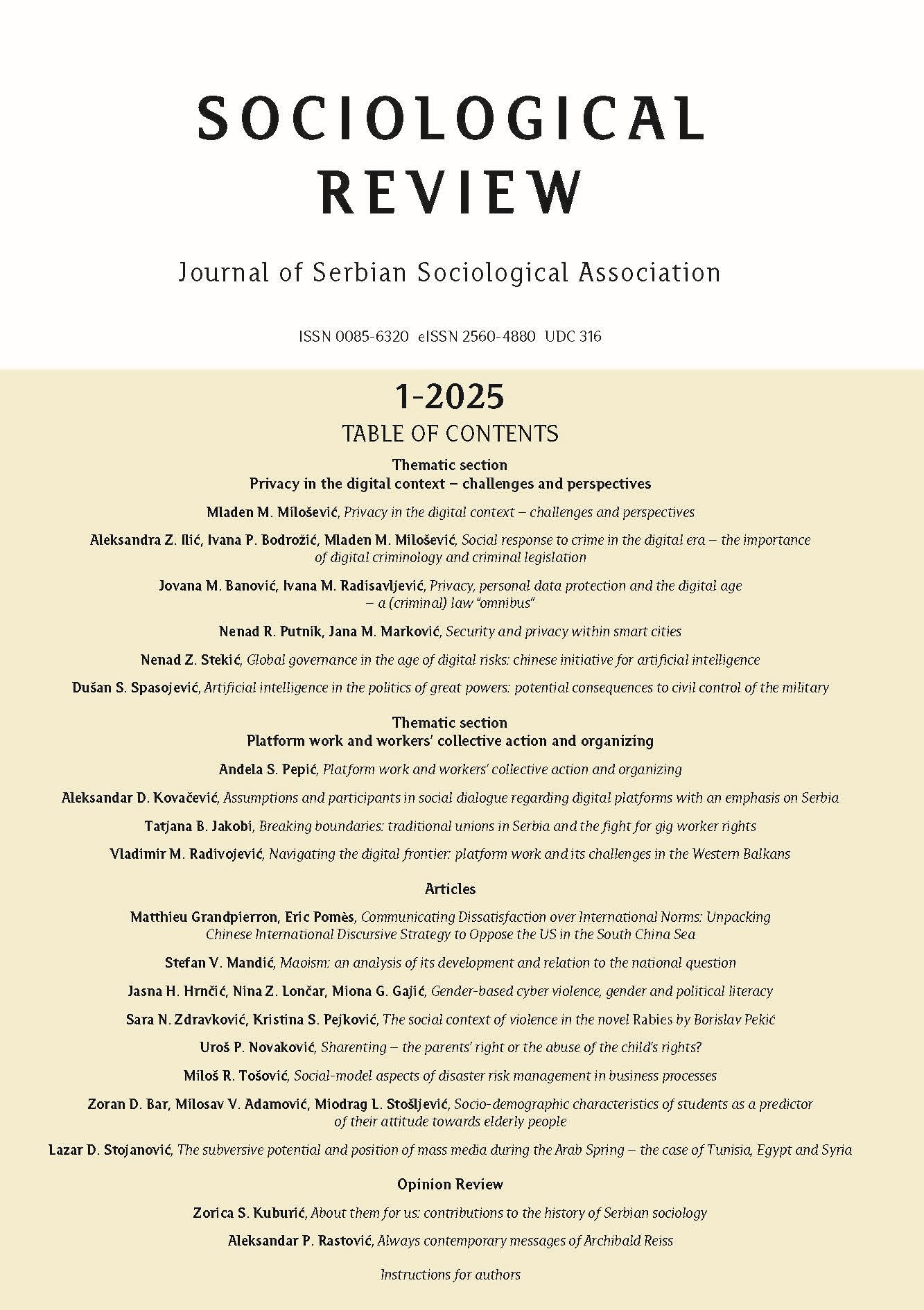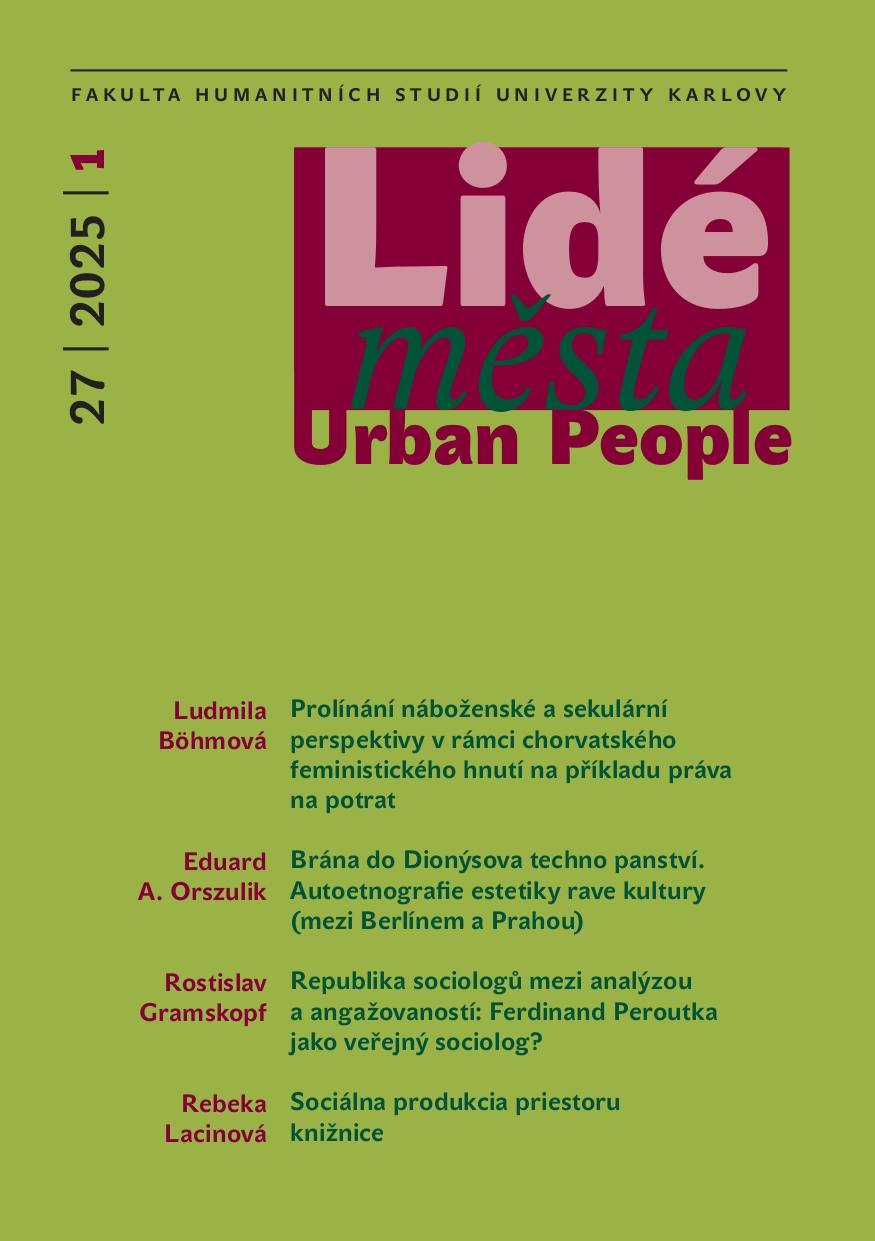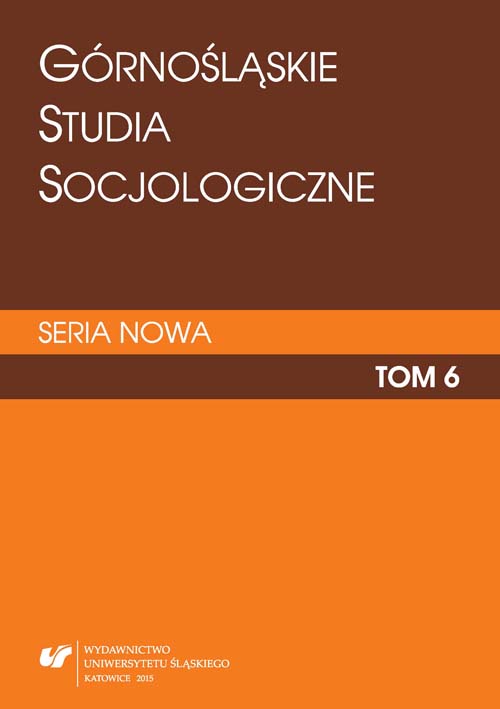
Wielokulturowość współczesna: terminy, idee, teorie i aktorzy
The contemporary debate on multiculturalism began at the beginning of the 1970s., but only on the territory of Canada and Australia. The failure of assimilation ideologies in the USA was the major cause of publication of many papers on multiculturalism, which was perceived as a panacea to any ethnic and cultural issues. In the study of Western European societies multiculturalism as the subject of a study was used in the 1980s. and 1990s. A lively debate on the world’s cultural diversity which started at the turn of the 20th and 21st centuries generated in social studies a serious and reasoned discussion about global multiplicity of cultures and interference of axiologically separate and normatively social spheres.
More...
